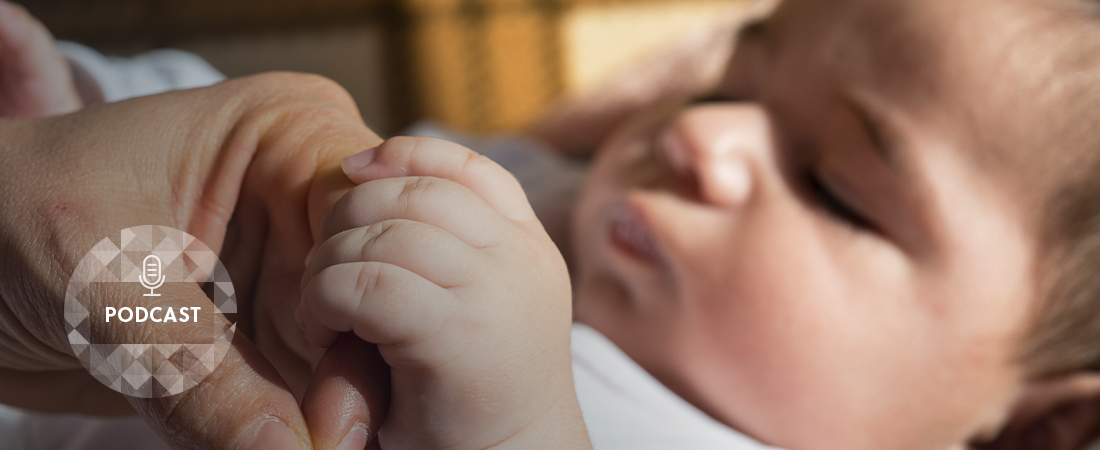Addressing the Opioid Crisis through Home Visiting

Listen in as our experts discuss a wide range of current topics. Check out all of our podcasts.
When she was working at the Tennessee Department of Health, Loraine Swanson Lucinski was confronted with the human impact of the opioid crisis every day. But she also witnessed the power of home visiting programs to support families who struggled with substance misuse.
Now at EDC, Lucinski directs the National Home Visiting Improvement Action Center Team (HV-ImpACT), which advances and supports evidence-based home visiting services for families. In this podcast, she discusses how parents’ substance misuse impacts their children’s health and wellness, and why investing in home visiting services is so critical.
On the rise in infants born addicted to opioids
Lucinski: When I was in Tennessee, we started hearing from our hospital partners that there were more and more babies being born addicted to opioids. And upon birth, babies born addicted have withdrawal symptoms that include irritability, intense crying, tremors, an inability to sleep, and sometimes seizures. This is called neonatal abstinence syndrome [NAS]. About 75 to 90 percent of babies exposed to opioids develop NAS . . . [and] it’s estimated that over 10,000 babies are born with NAS across the country every year.
On how living in an environment where opioid misuse is occurring affects a baby’s social and emotional development
Lucinski: Science clearly demonstrates that the brain architecture established early in life . . . really provides the foundation for lifelong learning and health. So when we are looking at a healthy caregiver, their neural circuitry is wired to respond to successful caregiving behaviors. The baby cries, the caregiver responds, the baby stops crying, and the caregiver’s brain releases chemicals that bring pleasure. In a parent with substance use disorder, the neural circuitry is hijacked by the substance. It often leaves the parent feeling stressed and unrewarded . . . The baby who is living with a caregiver using substances is not receiving the interaction that their brain needs to calm down when they cry. This results in all kinds of stress hormones flooding their brain. And this means the baby is in a state of stress, and this actually changes their brain structure.
On the importance of home visiting
Lucinski: Home visitors can play a significant role in mitigating today’s opioid addiction crisis by reducing the stress that parents feel. They can help the parents while they are getting [sober], and staying [sober], by enhancing parents’ motivation to do better for children. They can screen and assess for substance use, and they can promote treatment readiness. . . . They can do the hard work, like helping parents find doctors and treatment, and they can help parents get to their appointments, and find a way to help parents care for their kids in their absence.
